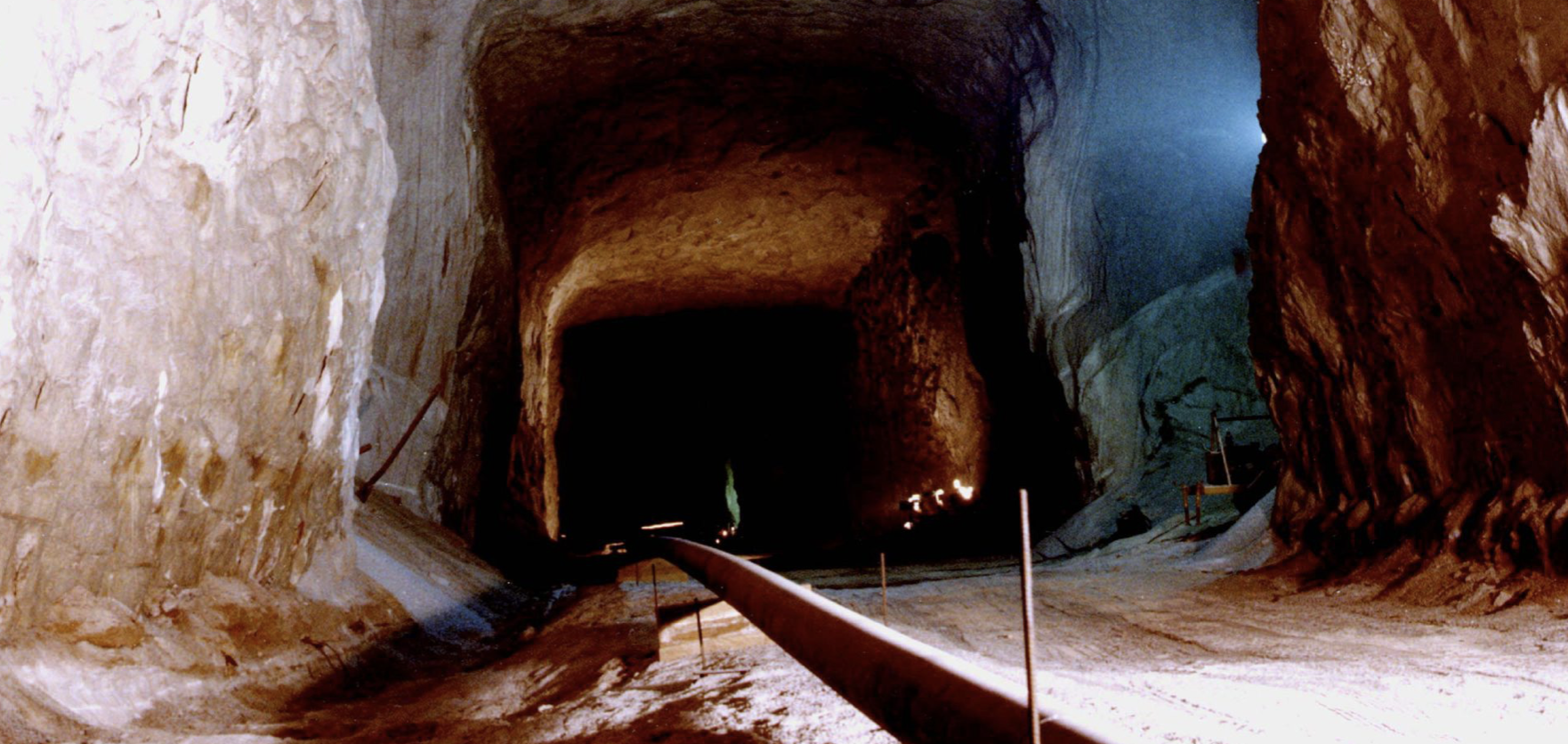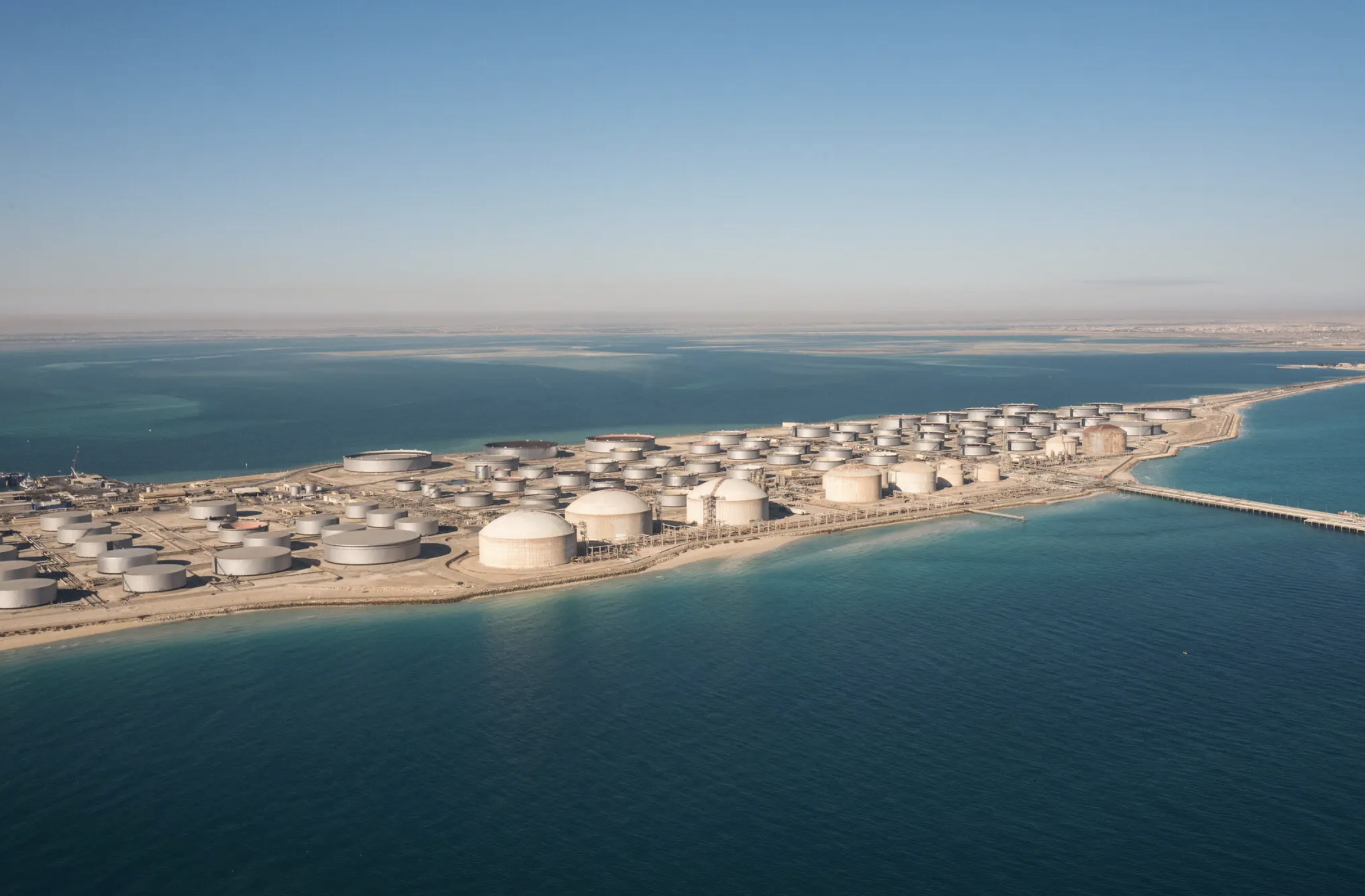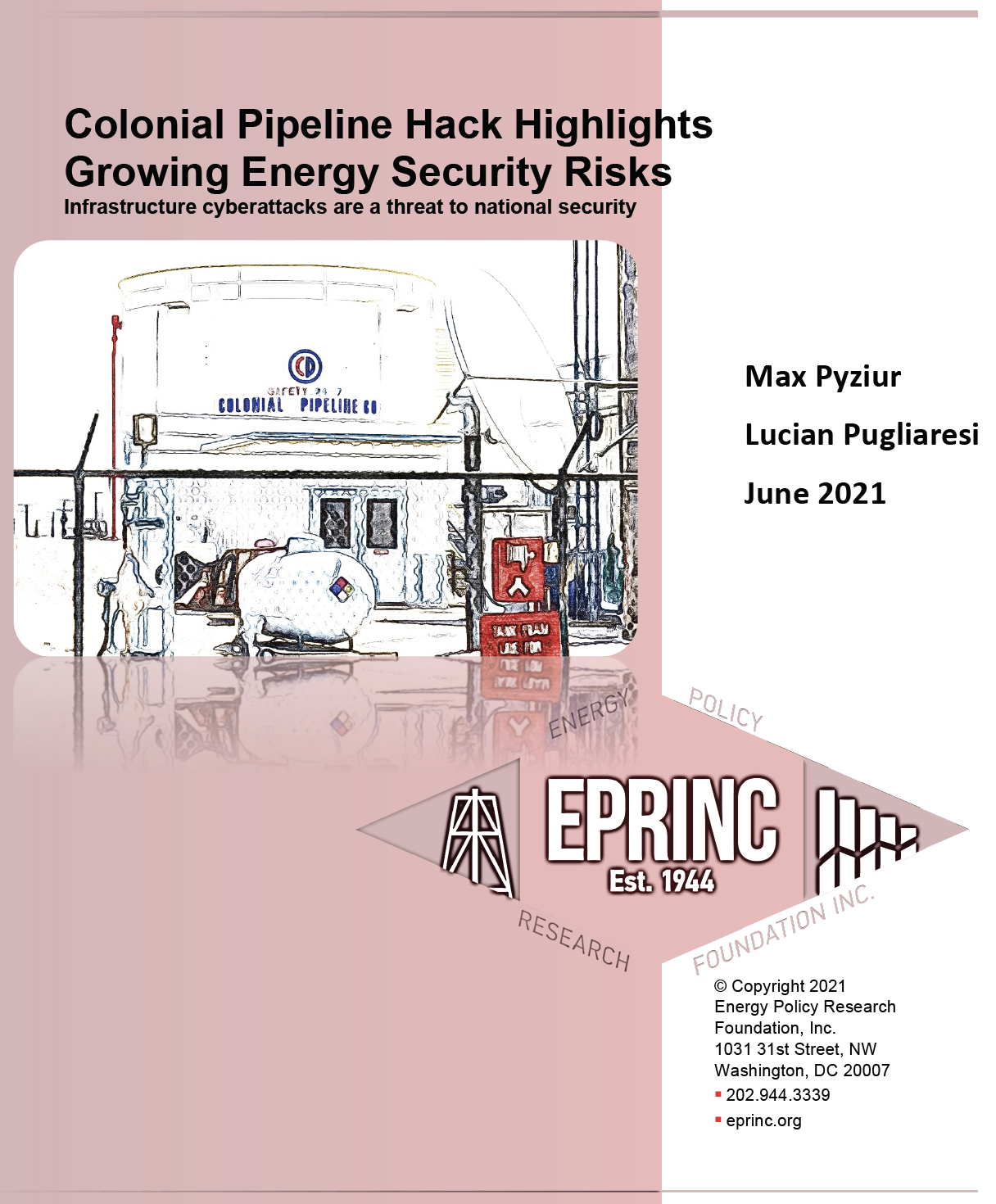


Washington Times reporter Sean Salai pursues the Montgomery County, Maryland imminent natural gas ban story. With a population of 1.1 million, Montgomery County is Maryland’s largest county and adjacent Washington, DC. In December 2022 and seeking to mitigate GHG emissions, the County Council unanimously passed legislation to ban natural gas heating in new buildings beginning in 2026.
EPRINC’s Director of Research Programs Max Pyziur comments on the motivation and efficacy of the ruling in the Washington Times Article, here.

EPRINC Fellow Tristan Abbey has written this open letter titled “Did Biden Break the Strategic Petroleum Reserve?” The letter was sent on October 27, 2022 to Senators Joe Manchin and John Barrasso, chairman and ranking member, respectively, of the U.S. Senate Committee on Energy and Natural Resources.

EPRINC President Lucian Pugliaresi has co-authored an article published on October 25, 2022 in RealClear Energy entitled “Bad Energy Policy Ideas Never Die“. In it, they discuss their concerns with recent public policies related to energy that have been proven to be major issues that will be difficult to recover from. A quote from the article with their proposed solution is below:

OPEC is scheduled to meet October 5th 2022 in Vienna Austria to consider strategic guidance to its members and allies on global crude oil production. NY Times journalist Clifford Krauss discusses the issues in play ahead of the meeting, calling on and quoting EPRINC’s Larry Goldstein for insight.




© Energy Policy Research Foundation | 25 Massachusetts Ave NW, Suite 500P (Mailbox 14), Washington, DC 20001 | (202) 944-3339 (Phone) | (202) 364-5316 (fax) | info@eprinc.org
Design & Development by Red Clay Creative